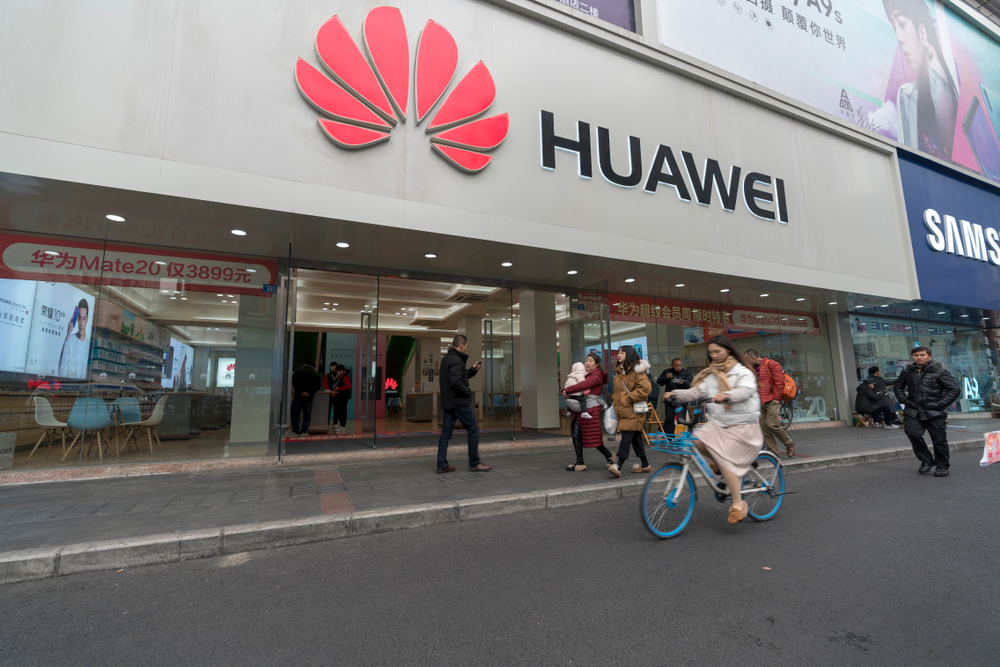China Could Force Huawei to Hand Over Data, Say Experts
A CNBC report claims Huawei would have no choice but to comply with China’s national security laws if the Chinese government asked it to hand over data on foreign targets. This is contrary to Huawei’s earkier statement that said the company would never hand over data even if the Chinese government asks it.
Obeying the Law
Experts cited include Jerome Cohen, a New York University law professor and Council on Foreign Relations adjunct senior fellow, and Martin Thorley, an expert on international engagement with China at U.K.-based University of Nottingham. According to the report, despite what Huawei said recently, the company would have no choice but to follow its own country’s laws. This is no different than if the U.S. laws allowed the U.S. government to demand that American companies provide data on foreign targets or on Americans living abroad (which they also do).
The report makes it clear that the issue of whether or not to “trust” Huawei not to put a backdoor into its hardware equipment goes beyond whether or not governments think Huawei executives would order that to happen.
Recently, Australia also passed a law, which essentially gives the government the power to go straight to an employee and ask him or her to build backdoors into a service’s infrastructure, in secret, and thus completely bypass the leadership of the company. In other words, when such laws exist, it’s not just a particular company that you have to trust, but also the government from which that company operates.
The U.S., Japan and Australian governments have already blocked Huawei from providing wireless operators 5G hardware. Australia didn’t specify which 5G providers should be avoided, but recommended wireless carriers that they should to avoid companies “who are likely to be subject to extrajudicial directions from a foreign government that conflict with Australian law.”
Troubling Chinese Laws
There are two main Chinese laws that are giving other governments pause. The first one is the 2017 the National Intelligence Law, whose Article 7 says that “any organization or citizen shall support, assist and cooperate with the state intelligence work in accordance with the law.” It adds that the Chinese state “protects” any individual and organization that aids it.
The second is the 2014 Counter-Espionage law that says “when the state security organ investigates and understands the situation of espionage and collects relevant evidence, the relevant organizations and individuals shall provide it truthfully and may not refuse.”
Get Tom's Hardware's best news and in-depth reviews, straight to your inbox.
The relationship between Huawei and the Chinese government has also been questioned, as Ren Zhengfei, who is the founder and CEO of Huawei Technologies, is a former soldier in the People’s Liberation Army and a current Communist Party member. Huawei’s CEO has denied that his political beliefs have anything to do with how he runs the company.
Thorley told CNBC that even if it wanted to, Huawei would not be able to fight the Chinese government in court over secret backdoor requests because there is currently no recourse path laid out in the above mentioned laws that would allow a Chinese company to fight the government on these issues.
He continued, saying these two laws only put into law what has already been a practice in China and that a company of Huawei’s size wouldn’t succeed in China if not for its strong loyalty to the Communist Party.
“For anyone at Huawei to oppose a serious request from the Party would require bravery bordering on recklessness — what do you do when your adversary is the police, the media, the judiciary and the government?” Thorley added.
Nigel Inkster, a senior adviser to the International Institute for Strategic Studies and a former senior British intelligence official, told CNBC that he sees Huawei as just one of China’s strategic components to “reshape the planet in line with its interests.”
He added that any promise made by Huawei not to put backdoors in its hardware can’t be taken at face value due to the Chinese government’s strong grip on the company:
“Huawei is a product and instrument of the Chinese state and has been co-opted to achievement of the state’s strategic objectives. The proposition that it is just a telecommunications company has worn beyond thin," Inkster told CNBC.
Lucian Armasu is a Contributing Writer for Tom's Hardware US. He covers software news and the issues surrounding privacy and security.
